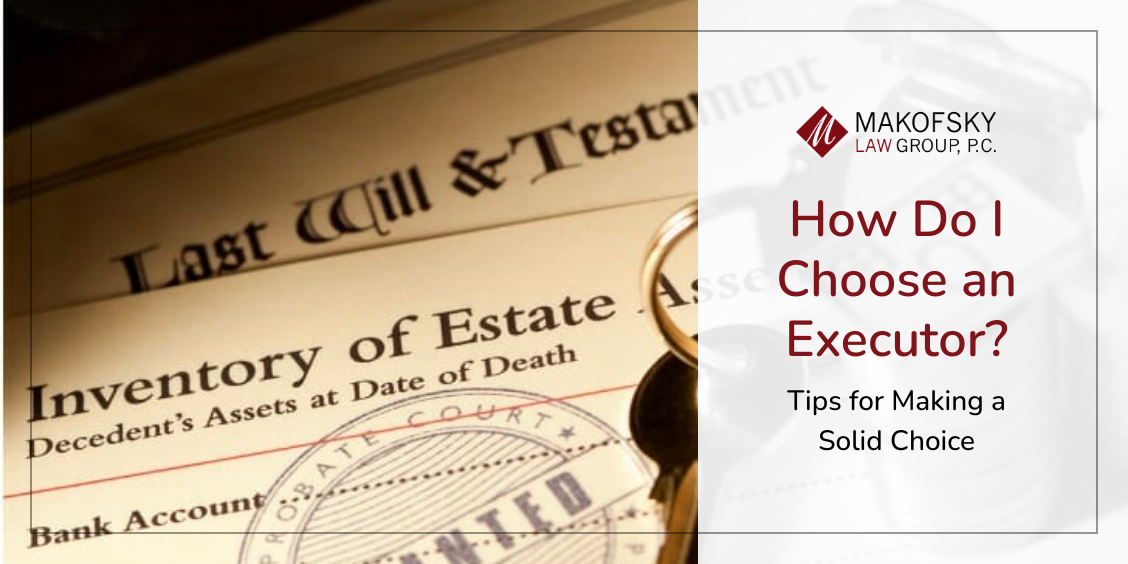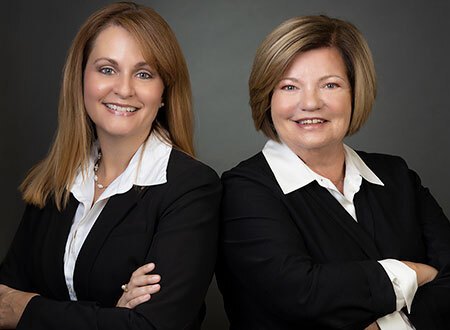What Is an Executor and How Do I Choose a Good One?
Choosing the right Executor is extremely important. Why? An Executor is the person (or persons or institution) named in one’s Last Will and Testament (“Will”) whose job it is to carry out the duties and wishes set out in the Will.
The Executor’s job is a serious one and typically involves handling many tasks, including:
- submitting the deceased person’s Will to the court for probate (see our previous blog for more info on the probate process);
- collecting the estate assets (which may involve selling real estate);
- opening an estate account and investing the estate assets in a prudent fashion until the assets are ready to be distributed;
- filing all necessary tax returns;
- paying all final taxes and bills; and ultimately,
- distributing the remaining estate assets to the beneficiaries named in the Will once all beneficiaries have approved the Executor’s final accounting.
Not all estates are the same. Depending on the size and complexity of the estate the Executor’s job could be more involved.
TIPS FOR CHOOSING AN EXECUTOR
Since the Executor plays such an important part in the settling of one’s estate, it’s important to make a wise and appropriate choice. Here are some tips to help:
New York law requires that you choose someone:
- Who is 18 years of age or older,
- Who is a US citizen or a legal resident of the United States
- Who has never been convicted of a felony.
Substance abuse could be grounds for disqualification of an Executor so choose someone who you believe does not have a substance abuse problem.
Choose someone who is financially responsible. The Executor will be collecting and handling the estate assets before they are distributed to the beneficiaries – an important job. The Executor does not have to be sophisticated or a financial wizard, but should be someone who can make good decisions and who will seek and follow guidance from professionals. Executors usually retain an attorney to represent and guide them.
Choose someone who you do not expect to have a conflict with the beneficiaries. The Executor has a fiduciary duty (a special duty) to the estate and its beneficiaries to act in a prudent, reasonable, and equitable manner. Choosing an Executor who you know or suspect will have conflicts with the beneficiaries can lead not just to unnecessary added stress, but also to costly delays and added expense in settling the estate.
Do you have questions or concerns about who to name as Executor of YOUR Will? Feel free to contact our office to schedule an appointment to meet with one of our experienced and knowledgeable attorneys. We would be happy to help guide you in your choice.
At Makofsky Valente Law Group, P.C. we are here to help with all of your estate planning and other legal issues. We are only an email or phone call away!
The information provided herein does not, and is not intended to, constitute legal advice; instead, all information, content, and materials available here are for general informational purposes only.



